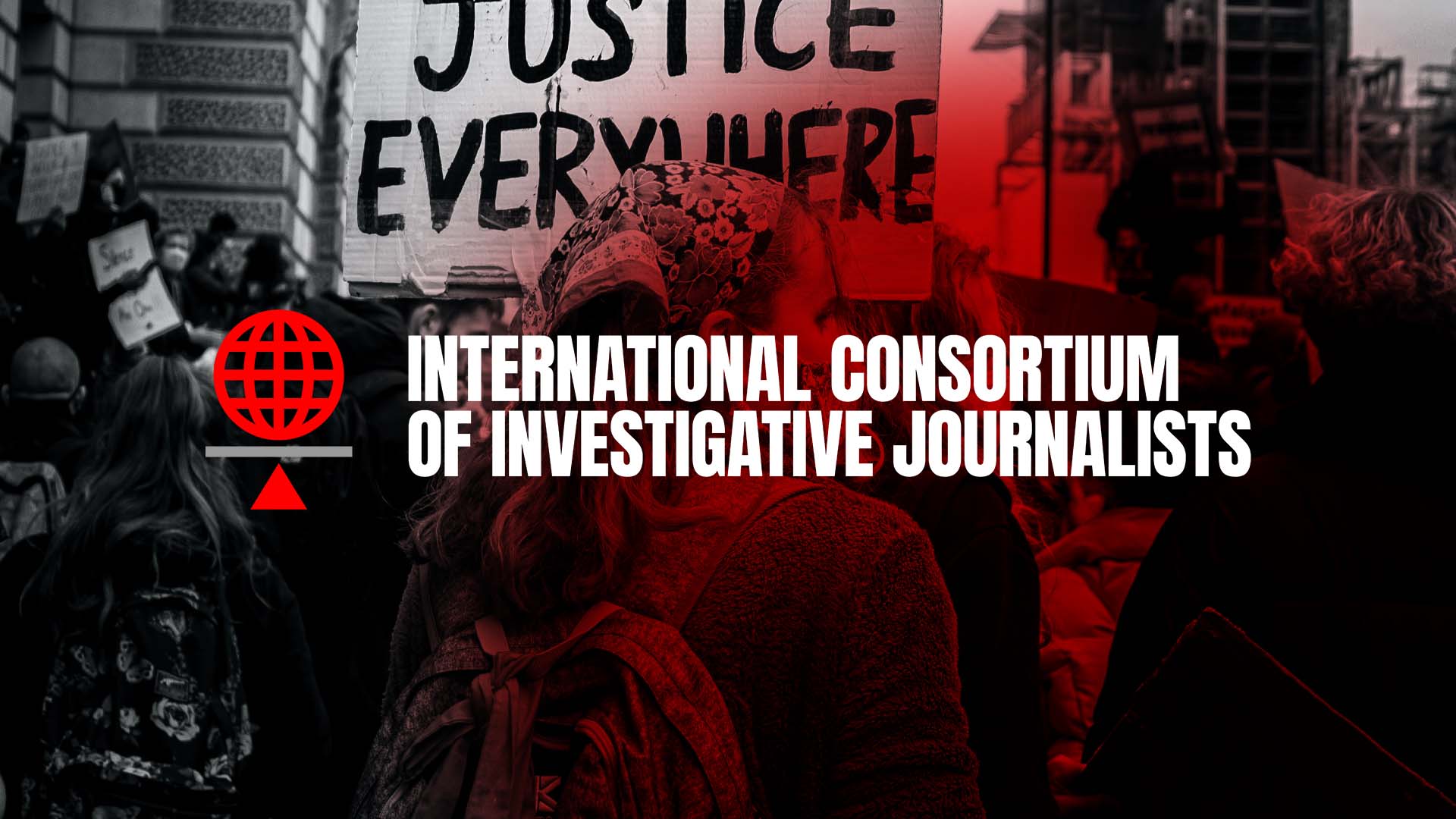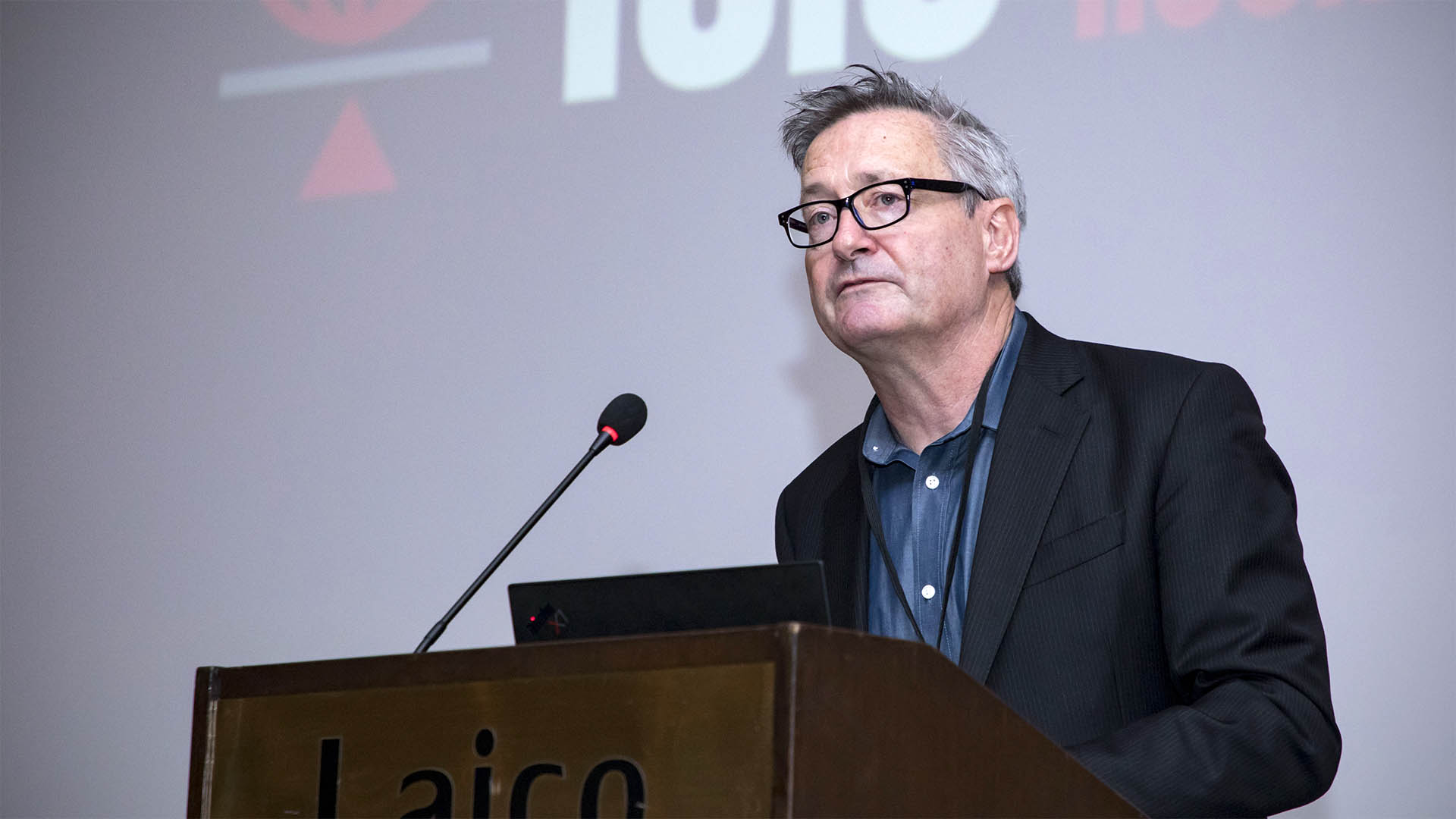The International Consortium of Investigative Journalists has joined an international committee to develop guidelines around the use of artificial intelligence in media.
Led by press freedom advocacy group Reporters Without Borders and chaired by Nobel Peace Prize laureate and ICIJ member Maria Ressa, the group comprises 21 members from around the world, hailing from the fields of academia, science, civil society and journalism. Over the coming months, the group will work together to develop a set of principles, rights and obligations regarding the use of AI-based systems that will become an authoritative reference point for the media industry.
ICIJ executive director Gerard Ryle, who has joined the committee, said AI can be an important tool for investigative reporting, so long as it is used ethically and responsibly.
“Finding facts and accessing information used to be one of the biggest obstacles in investigative journalism. Now we often face a deluge of data — particularly from concerned whistleblowers — and the challenge becomes sorting and organizing it to find the stories,” he said. “AI and machine learning are valuable tools that can help, especially when journalists understand both the power of AI, and its limitations.”
ICIJ has been utilizing machine learning in its investigations for years, working with AI experts to create programs and build algorithms that can help journalists find patterns and identify particular documents that might help lead to a story.
In the 2021 Pandora Papers investigation, machine learning was used to flag files for reporters looking for specific pieces of information buried in long, unstructured documents. In 2018, ICIJ used machine learning as part of its Implant Files investigation to sort through millions of medical device reports to find records where a patient’s death or injury was misclassified and in danger of being missed by reporters.
Artificial intelligence has been built into one of ICIJ’s primary research tools, called Datashare, enabling more efficient search and analysis of tens of millions of documents from investigations like the Panama Papers, Luanda Leaks and more.
“When integrating new technology into our tools and processes, it’s essential that our journalists and our data analysts and programmers all work hand-in-hand,” said Pierre Romera Zhang, ICIJ’s chief technology officer. “Our technologists help us learn what’s possible with new tools like AI; our journalists help us make sure we’re putting these tools to use in a way that’s in the public interest.”
Where ICIJ has used machine learning and AI to assist its investigations, Ryle said the work still goes through a rigorous editorial and fact-checking process and is held up to the same high standards that have defined ICIJ’s journalism and made the organization a world-leader in cross-border collaborative investigations.
“Journalism exists to expose wrongdoing in the world, so that well-informed communities can fix broken systems and put an end to inequality and injustice. The integrity of our work is paramount and is at the very core of our mission,” he said.
A survey published by the World Association of News Publishers in May found that about half of the 101 respondents were using generative AI tools in their newsrooms, but only 20% had guidelines in place to govern use of the tool.
Ressa said in a written statement that she was “honored” to lead this initiative, which seeks to bring newsrooms together and “prioritise long-term, ethical concerns over short-term gains.”
“Economic competition should not dictate the speed at which the media industry seizes one of the most revolutionary technologies of our time. That would be a disaster for the information space,” she said.
Reporters Without Borders, the organization that convened the AI committee, said it hoped that the global reputation of the members of the group would help create a credible set of shared principles that the rest of the media industry could use as a foundation for its approach to AI.
“Artificial Intelligence systems present a crucial challenge for both journalism and media. Unfortunately, there isn’t enough encouragement for any single entity to utilise these tools ethically and judiciously,” said Christophe Deloire, the organization’s secretary general. “What we need is a collective global commitment, anchored in sound principles, to uphold the ethics of journalism and harness AI for preserving the right to information.”
Committee members:
- Maria Ressa (chair), 2021 Nobel Peace Prize laureate, journalist and founder of Rappler media (Philippines)
- Charlie Beckett, Professor at the Department of Media and Communications at the London School of Economics (United Kingdom)
- Emily Bell, Professor at the Columbia School of Journalism and Director of the Tow Center for Digital Journalism (United States)
- Veysel Binbay, Director of Technology at the Asian Broadcasting Union (ABU) (Malaysia)
- Lisa Campbell, Director of Communications at Independent Television Network (ITN) (United Kingdom)
- Camille François, Faculty, Columbia University School of International and Public Affairs (France)
- Jodie Ginsberg, President of the Committee to Protect Journalists (CPJ) (United States)
- Ruth Kronenburg, Executive Director of Free Press Unlimited (Netherlands)
- Gary Marcus, Professor emeritus of psychology and neural science at New York University, author and entrepreneur (United States)
- Frane Maroevic, Executive Director of the International Press Institute (IPI) (Austria)
- Mira Milosević, Executive Director of the Global Forum for Media Development (GFMD) (Serbia)
- Tabani Moyo, Convenor of IFEX, Regional Director of the Media Institute of Southern Africa (MISA) (Zimbabwe)
- Bruno Patino, President of the Franco-German channel Arte (France)
- Paul Radu, Co-founder of the Organized Crime and Corruption Reporting Project (OCCRP) (Romania)
- Martha Ramos, President of the World Editors Forum at the World Association of News Publishers (WAN-IFRA) (Mexico)
- Gerard Ryle, Director of the International Consortium of Investigative Journalists (ICIJ) (Ireland)
- Stuart Russell, Professor of Computer Science at the University of California, Berkeley and founder of the Center for Human-compatible AI (CHAI) (United States)
- Eric Scherer, Chair, News Committee at the European Broadcasting Union (EBU) and Director of News MediaLab and International Affairs at France Télévisions (France)
- Anya Schiffrin, Director of the Specialization in Technology, Media, and Communications at Columbia University (United States)
- Wairagala Wakabi, Executive Director of the Collaboration on International ICT Policy in East and Southern Africa (CIPESA) (Uganda)
- Aidan White, founder of the Ethical Journalism Network (EJN) and former Secretary General of the International Federation of Journalists (IFJ) (United Kingdom)



